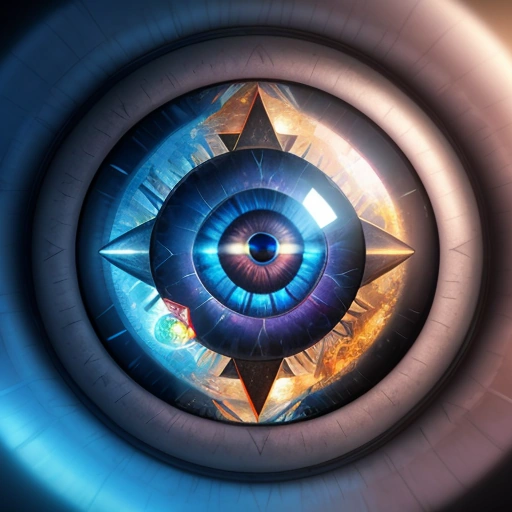

IIRC there was a blog post article in the last year-ish about a researcher at Intel that had been working on using FPGA’s for AI. IIRC, they mentioned that the issue they could not overcome was power and scaling. I seem to recall them mentioning that analog had a similar issue with scaling and throughput, but that is the weakest aspect I recall in my abstractions when my main curiosity is why large FPGA’s are not the present goto tech.
I’m on the edge of my understanding here, but I think the issue with analog is the depth of tensor rank dimensions. Analog is great and super efficient for the first few dimensions, but AI can have many rank dimensions, and there is no telling what the future of algorithms will hold. Building for optimising the way models work presently is practically guaranteed to result in a useless product by the time it is fabricated and brought to market.




















Went out with this girl I really liked but brought a friend too just to make it less one on one and more casual. I really liked her and thought it went well. When I drove my friend home, in conversation, he told me I could do better. It was such a stupid destructive thought. All three of us were into the arts. He was into videography, she was photography, and I was painting airbrushed graphics on motorcycles. I dated her for a little while again later and more seriously, but my life was more of a mess then and it didn’t work out. That was one of my biggest mistakes in life; not realizing my lack of emotional depth and letting other’s opinions hold sway or weight. I partition my emotions now. I’m not sure how I feel in the moment. My first reaction is likely worthless, so “I’ll have to get back to you later” - is my usual response. People who whine about how everyone is about to lose their job at work, or tell me how I should feel about others are like giant red flags telling me to avoid them as toxic. Really, in a way I do not lack emotional depth as much as that part of my inner voice speaks quietly and I need to take the time to listen to it carefully. That girl and life lesson are the same thing to me; an abstracted patch, forever holding that part of my personality. When that red flag flies in my head, she is the one waving it; holding me back; telling me to think it through.